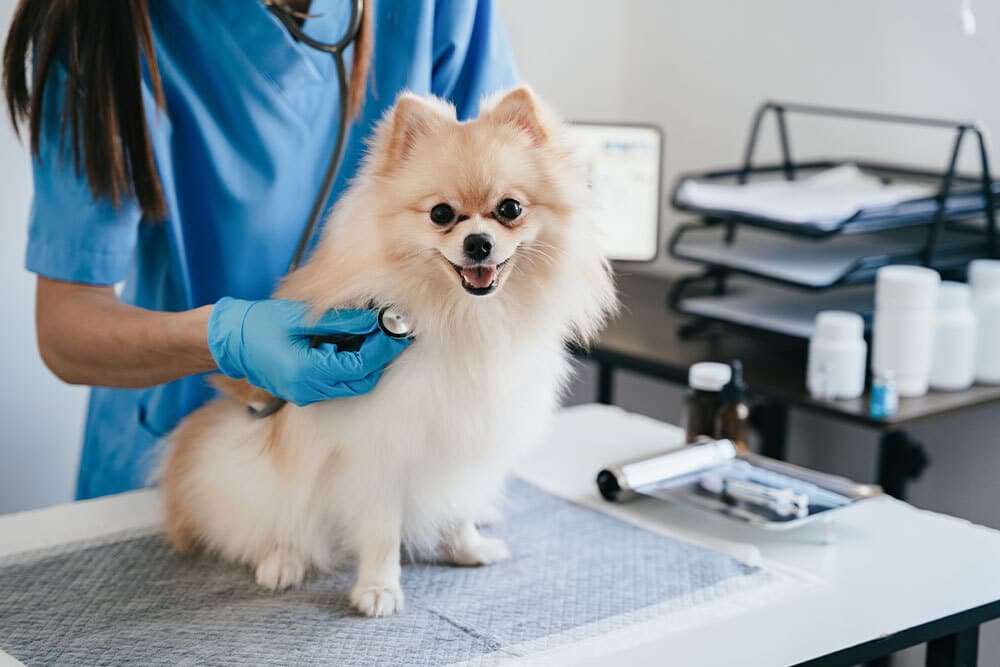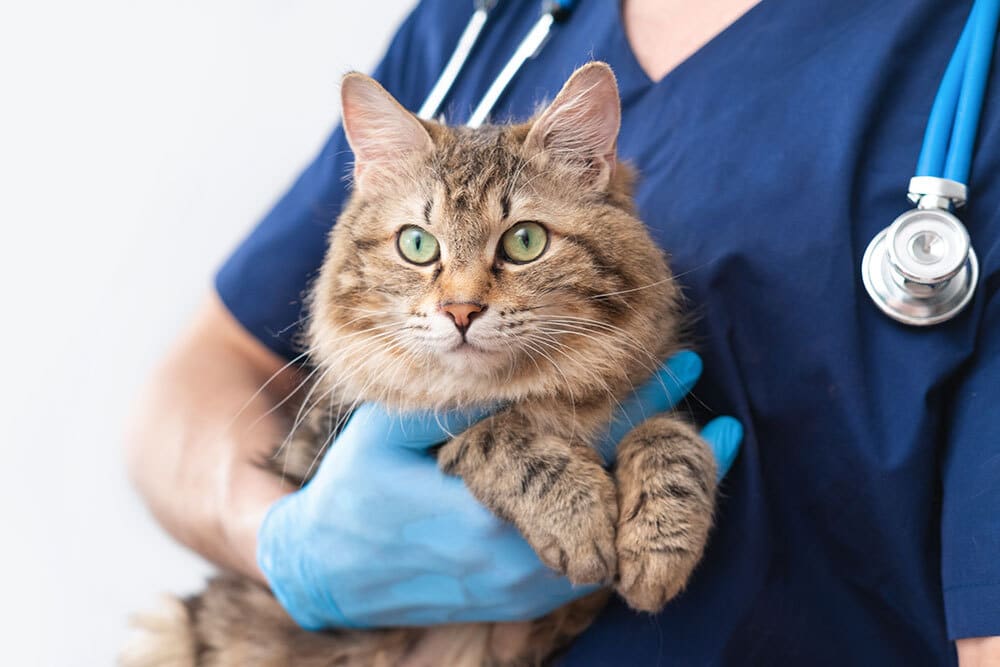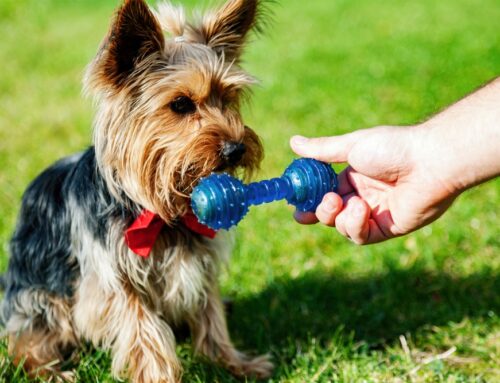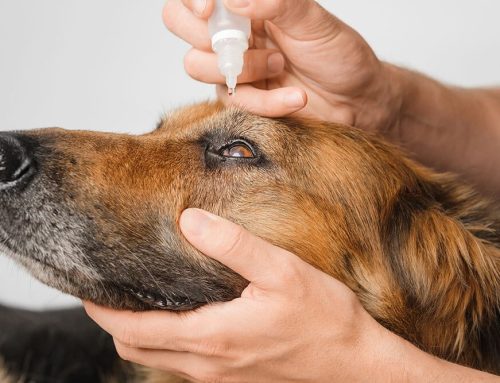Ready, Set, Rescue—Building the Ultimate Pet Emergency Plan
No pet owner wants to imagine a late-night dash to the emergency vet, but life with animals is unpredictable. One moment, everything is normal. The next, a sudden limp, strange breathing, or accidental ingestion can leave families scrambling to figure out what to do. Preparation gives you the confidence to respond calmly and get your pet the care they need when every second counts. At Northwood Veterinary Hospital in Northwood, New Hampshire, helping clients feel prepared for emergencies is part of our commitment to your pet’s lifelong wellbeing.
What Counts as a Pet Emergency?
Some situations are obviously urgent: severe trauma, seizures, or collapse. Others can be subtle and easy to overlook until they become life-threatening. Understanding when to act quickly protects your pet from unnecessary pain and increases the chances of a full recovery.
Common pet emergencies include:
- Hit by a car, major fall, or deep wounds
- Sudden difficulty breathing or persistent coughing
- Ingesting toxins like antifreeze, human medications, or certain plants
- Repeated vomiting or severe diarrhea
- Seizures lasting more than a few minutes
- Extreme lethargy, collapse, or pale gums
Learn more before an emergency strikes. Consult Help! Is This a Pet Emergency? for quick guidance.
Why Emergency Preparation Matters
Emergencies can feel chaotic. Having a plan in place means you won’t waste precious minutes searching for supplies or figuring out where to go.
Good preparation helps you:
- Act faster and reduce your pet’s pain or distress
- Avoid preventable complications from delayed care
- Feel more confident and focused under pressure
- Ensure everyone in your household knows what to do
Signs of Trouble: What to Watch For
Sometimes the earliest warning signs are subtle. Knowing your pet’s normal behavior helps you spot problems quickly.
Red flags to watch for include:
- Unusual swelling or heat in a limb
- Straining to urinate or defecate
- Disorientation or sudden behavior changes
- Gums that are pale, blue, or bright red
- Rapid breathing that does not improve with rest
For more details on breathing concerns, see Respiratory Distress in Pets.
If poisoning is suspected, immediately contact ASPCA Poison Control.
Your Pet Emergency Kit: Must-Have Supplies
A ready-to-go kit can make a stressful situation a little less overwhelming. Pack a waterproof container or bag with these basics:
| Supplies | Why It Matters |
| Gauze, bandages, antiseptic | For wound care |
| Tweezers, scissors, gloves | Safe handling of injuries |
| Digital thermometer | Monitor body temperature |
| Extra leash, muzzle, towel | Safe restraint during transport |
| Copies of vaccination records | Speed up emergency admission |
| Vet contact info, insurance | Quick access to important numbers |
Learn more about essential items with Pet First Aid – Tufts University.
First Aid and Life-Saving Basics
Basic skills can keep your pet stable while you travel to the vet.
Key things to know:
- Vital Signs: Practice taking your pet’s pulse, respiration rate, and temperature. A simple home exam can help catch changes early.
- CPR for Pets: Rare but vital in extreme emergencies. Review the Cornell guide to CPR.
- Heimlich Maneuver: Choking can happen when pets chew bones or toys. Learn dog Heimlich instructions.
- Consider taking a certified pet first aid course for hands-on practice.
Build an Emergency Plan
A plan gives everyone in your home clear steps to follow when time is limited.
Checklist:
- Know Where to Go: Save numbers for local emergency vet clinics.
- Communicate: Make sure all household members know the plan.
- Keep a Carrier Ready: For cats or small dogs, always have a sturdy, easy-to-access carrier.
- Prepare for Evacuation: If severe weather hits, know where you and your pet will go.
Prevention: Your Best Defense
Not every emergency is preventable, but many common dangers can be reduced with practical habits.
Pet-Proof Your Home:
- Secure medications, cleaning products, and small objects.
- Store human foods out of reach.
- Keep toxic plants away from curious noses.
Stick to Routine Care: - Regular checkups catch small problems before they become urgent.
- Keep vaccines, parasite prevention, and dental care up to date.
Reduce Risks Outside:
- Supervise outdoor play.
- Avoid extreme heat or icy conditions.
- Know local hazards like wildlife, pesticides, or road salt.
More tips are available from Preventing Pet Emergencies.
What to Bring to the Emergency Vet
Having these ready saves time and helps your vet work quickly:
- Your emergency kit
- Recent medical records
- Medications or supplements
- Notes on symptoms and when they began
- Payment method or pet insurance info

FAQs About Pet Emergencies
Is it really an emergency, or should I wait? If unsure, call your vet. It is always better to be safe.
What if a pet emergency happens during a holiday? Have the nearest 24/7 emergency vet contacts saved in your phone.
Can I treat poisonings at home? Never induce vomiting unless instructed. Call ASPCA Poison Control for expert advice.
Here When You Need Us Most
Emergencies are unpredictable, but your plan does not have to be. At Northwood Veterinary Hospital, our team is here to guide you through stressful moments with the medical expertise and compassion your pet deserves.
If you would like help creating an emergency plan, have questions about your pet’s risks, or want to learn more about preventive care, contact us. Preparation today means more peace of mind tomorrow.







Leave A Comment